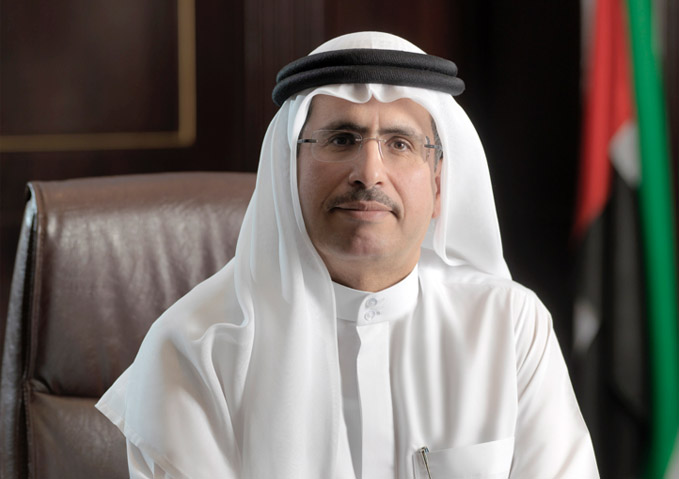Renewable energy is cornerstone of UAE sustainability strategy
- January 7, 2020
- Posted by: administrator
- Category: Environmental, Technology & Innovation, Water Issues, Middle East

Renewable energy has emerged as one of the main pillars of sustainability for Dubai and the United Arab Emirates, placing it at the forefront of their strategic priorities.
The UAE has taken early steps towards preparing to bid farewell to oil, achieving a balance between development and maintaining a clean, healthy and safe environment.
The Emirates Energy Strategy 2050 targets a mix of renewable and clean energy sources, to ensure a balance between economic needs and environmental goals.
The state will invest 600 billion dirhams until 2050, to ensure that energy demand is met, and that growth in the country’s economy is sustained.
Dubai Clean Energy Strategy 2050
The Dubai Clean Energy Strategy 2050, launched by His Highness Sheikh Mohammed bin Rashid Al Maktoum, Vice President and Prime Minister of the UAE and Ruler of Dubai, aims to diversify the energy sources in the emirate and provide 7% of the energy in Dubai from clean energy sources by 2020, 25 % By 2030, and 75% by 2050.
Dubai is the only city in the region to launch such a strategy with specific targets and a timeframe that charts the future of energy until 2050.
The strategy includes 5 main tracks: infrastructure, legislative infrastructure, financing, capacity and competency building, and employing the environmentally friendly energy mix.
Included in the infrastructure track are initiatives such as the Mohammed bin Rashid Al Maktoum Solar Park, which is the largest solar energy project in the world in one location with a capacity of 5,000 megawatts by 2030 and investments amounting to 50 billion dirhams.
His Excellency / Saeed Mohammed Al Tayer, Managing Director and CEO of Dubai Electricity and Water Authority said:
“The emirate is a pioneer in the field of transformation to the green economy through two parallel tracks; the first is to reduce the demand for energy and water by 30% by 2030 by enhancing efficiency and rationalization programs, and the second is to enhance production through diversification of energy sources, especially clean energy, and increase their efficiency, and reduce waste in electricity and water networks “.
He added: “Our efforts contributed to a significant reduction in carbon emissions in Dubai, where the net carbon dioxide emissions in the Emirate of Dubai decreased to about 19% by the end of 2018, two years before the target date in the carbon reduction strategy 2021 to reduce Emissions by 16% by 2021. The United Arab Emirates, and Dubai in particular, are taking pioneering efforts to adopt solutions that will make Dubai the world’s lowest carbon footprint by 2050. ”
